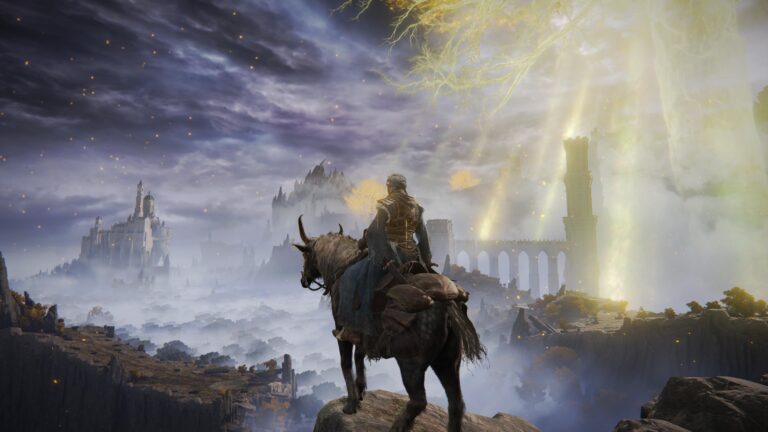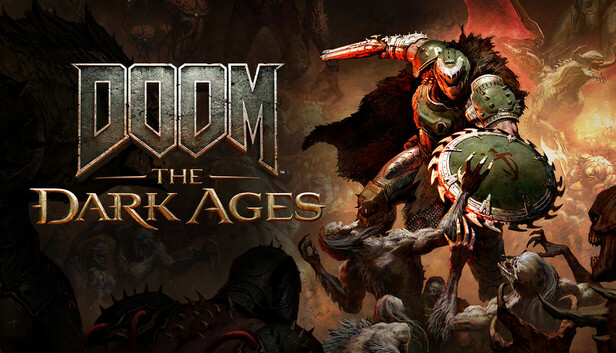Game data not found.
Lord Monarch is a strategic gem that stands out in the rich landscape of video games from the 1990s. Developed by Masaya and released in 1991, it is a part of the Monarch Series, which includes several other strategy games. Lord Monarch uniquely blends real-time strategy elements with territorial management, offering a challenging yet rewarding experience that has captivated strategy enthusiasts for decades.
Story
The narrative of Lord Monarch is set in a medieval fantasy world where players assume the role of a lord tasked with expanding their territory and eliminating rival factions. While the game does not focus heavily on an intricate storyline, it provides a backdrop that enhances the strategic objectives. The player’s motivation is driven by the desire to unify the land under a single banner, bringing peace and prosperity to the realm.
The world of Lord Monarch is filled with rival lords, each with their own ambitions and territories. These rivals are not just obstacles but are integral to the game’s story progression, as each victory against a rival lord brings the player closer to their ultimate goal of dominance. The narrative unfolds through the player’s interactions with these rival factions and the strategic decisions made on the battlefield.
Gameplay
Lord Monarch’s gameplay is where the game truly shines, offering a unique blend of strategy and management that was innovative for its time. The game is played from a top-down perspective, with the player overseeing a map divided into various territories. The primary objective is to capture all the territories on the map, either by defeating rival factions or through strategic alliances.
Real-Time Strategy and Territorial Management
The game operates in real-time, requiring players to think on their feet and make quick decisions to outmaneuver opponents. Unlike traditional turn-based strategy games, Lord Monarch demands constant attention and adaptability, as the state of the map can change rapidly with the actions of rival factions.
Players must manage resources effectively, balancing the need to build and maintain armies with the necessity of developing infrastructure within their controlled territories. This includes constructing buildings, cultivating land, and managing population growth to ensure a steady supply of troops and resources.
Unit Management and Combat
Combat in Lord Monarch is straightforward yet strategic. Players control various unit types, each with specific strengths and weaknesses. Successful commanders will deploy their units wisely, exploiting enemy weaknesses while protecting their own vulnerabilities. Battles are dynamic, with the outcome often hinging on terrain advantage and the strategic use of reinforcements.
Players can also employ diplomatic strategies to form temporary alliances with rival factions. These alliances can be crucial in gaining the upper hand, though they require careful management and can be broken at any time, adding a layer of political strategy to the game.
Graphics and Sound
For its time, Lord Monarch boasted impressive graphics that effectively conveyed the game’s medieval fantasy setting. The top-down view provided a clear and concise visual representation of the battlefield, allowing players to quickly assess the state of play. The pixel art style, while simple by modern standards, offered a charming and detailed depiction of units and environments.
The game’s sound design complements its visual elements, with a soundtrack that enhances the strategic tension and atmosphere. While the audio may not have the grand orchestral scores of contemporary games, it effectively sets the mood, providing an immersive backdrop to the strategic gameplay.
Legacy and Reception
Upon its release, Lord Monarch was met with positive reception from both critics and players. It was praised for its innovative blend of real-time strategy and territorial management, a combination that was relatively novel at the time. The game’s challenging AI and strategic depth were highlighted as key strengths, offering a satisfying experience for strategy enthusiasts.
Lord Monarch’s legacy is evident in its influence on subsequent strategy games. The real-time strategy elements and focus on territorial control can be seen in many modern titles, showcasing the game’s lasting impact on the genre. The Monarch Series continued to evolve, building on the foundation laid by Lord Monarch and expanding its reach to new platforms and audiences.
The game also holds a special place in the hearts of fans who appreciate classic strategy titles. Its challenging gameplay and strategic depth have ensured its status as a cult classic, with dedicated communities still discussing and playing the game decades after its initial release.
Conclusion
Lord Monarch is a testament to the enduring appeal of strategic gameplay. Its innovative blend of real-time strategy and territorial management set a new standard for the genre, influencing countless games that followed. While it may not have the graphical fidelity or complex narratives of modern titles, its gameplay depth and strategic challenge continue to captivate players.
The game’s impact on the strategy genre is undeniable, and its legacy lives on in the form of the Monarch Series and the many games it inspired. For those who appreciate classic strategy games or are curious about the roots of the genre, Lord Monarch offers a rewarding and challenging experience that stands the test of time. Whether you’re a seasoned strategy veteran or a newcomer looking for a glimpse into the past, Lord Monarch is a game that deserves your attention.















